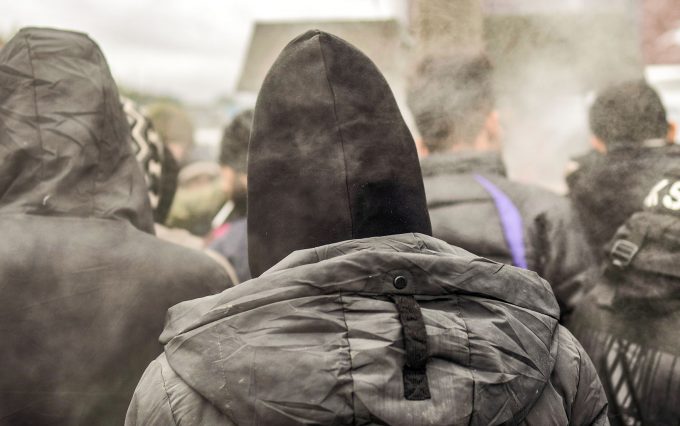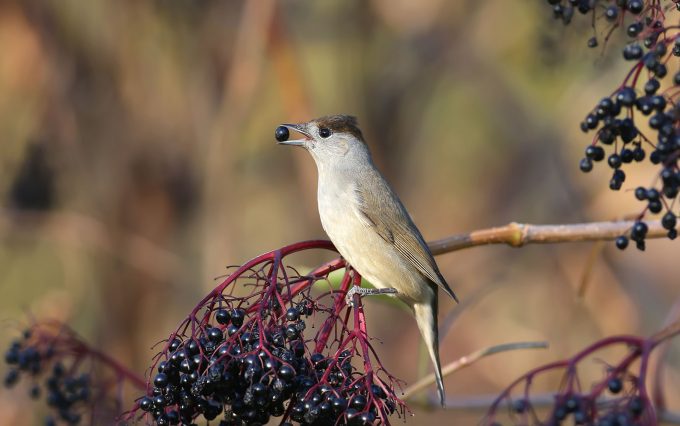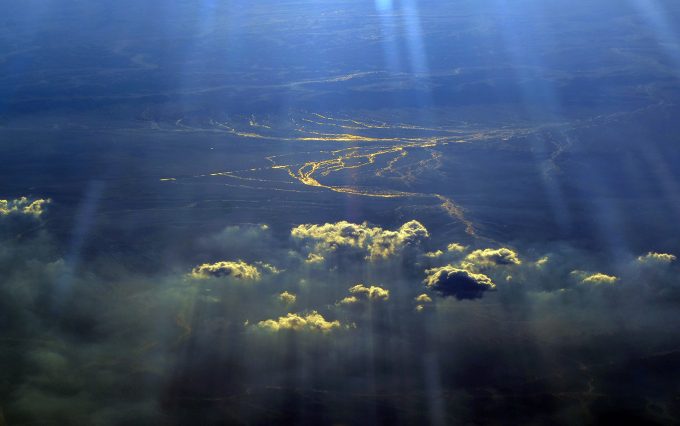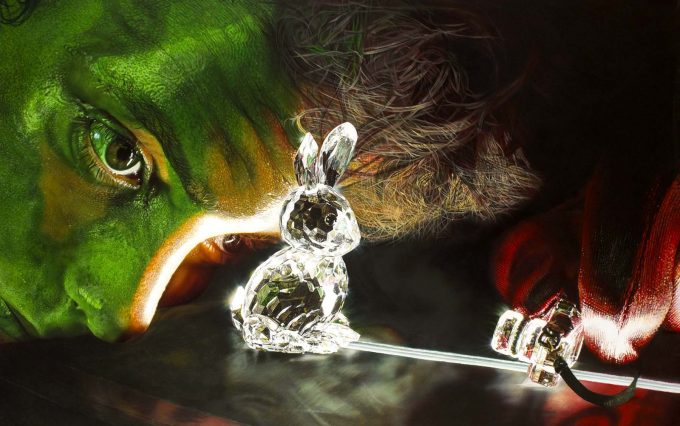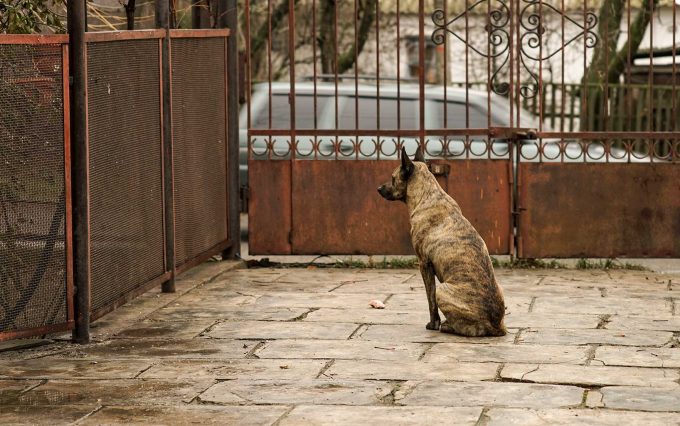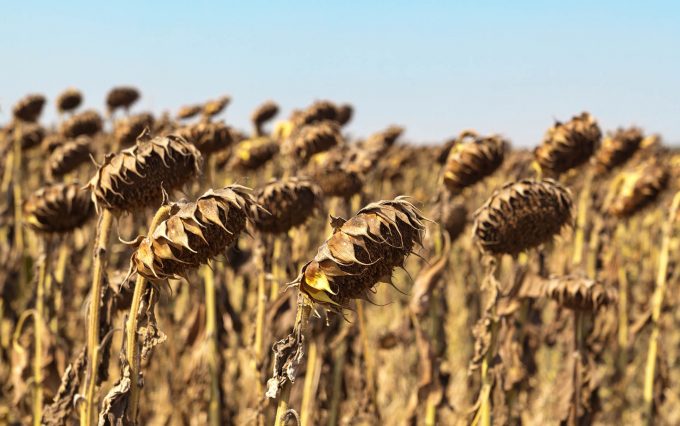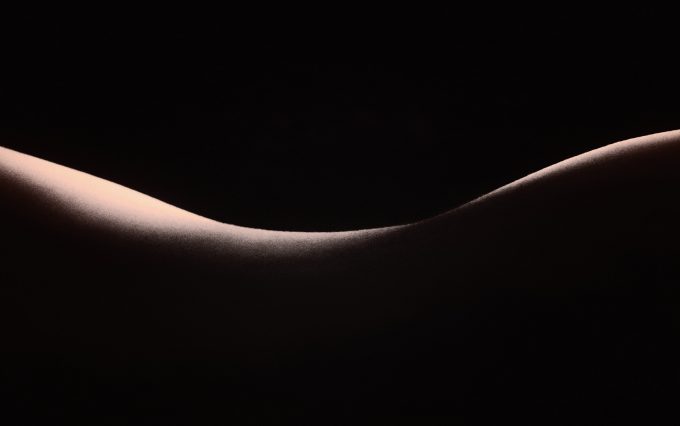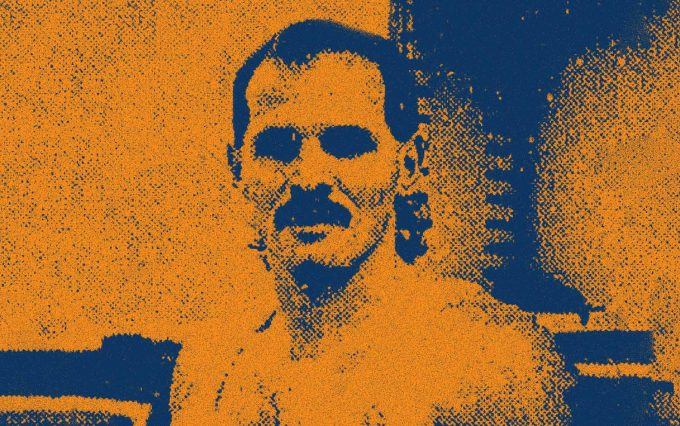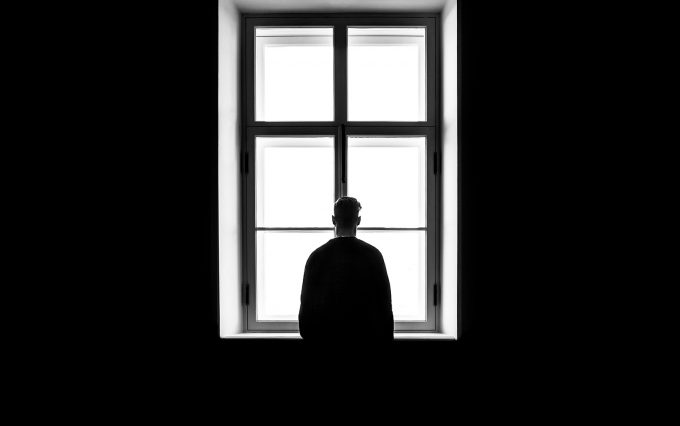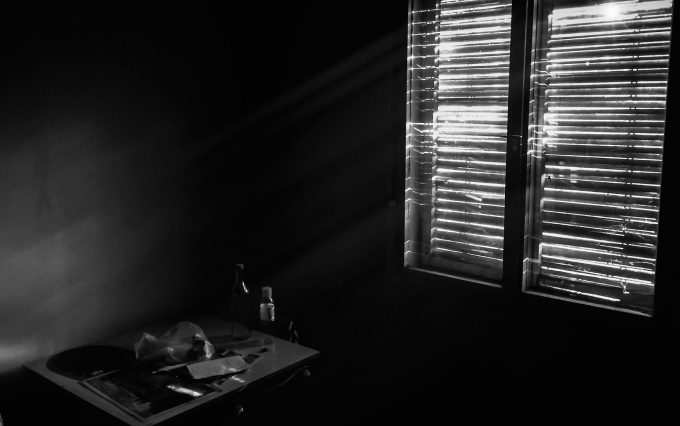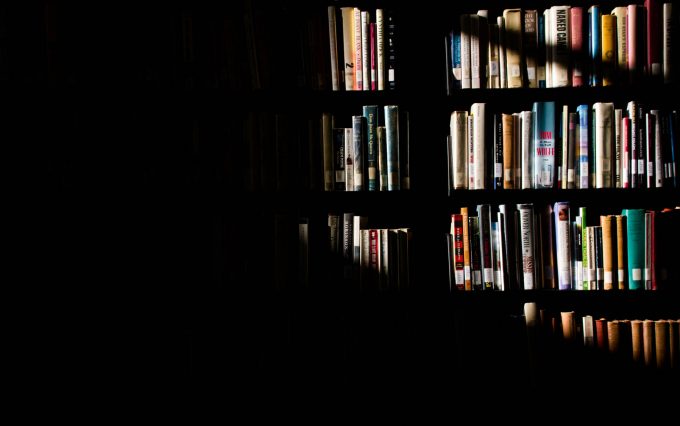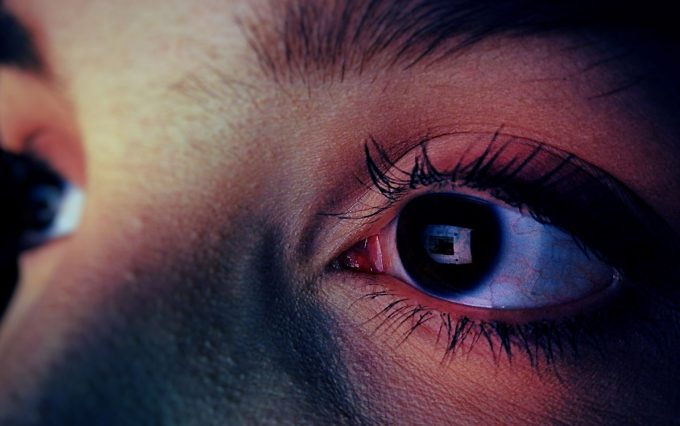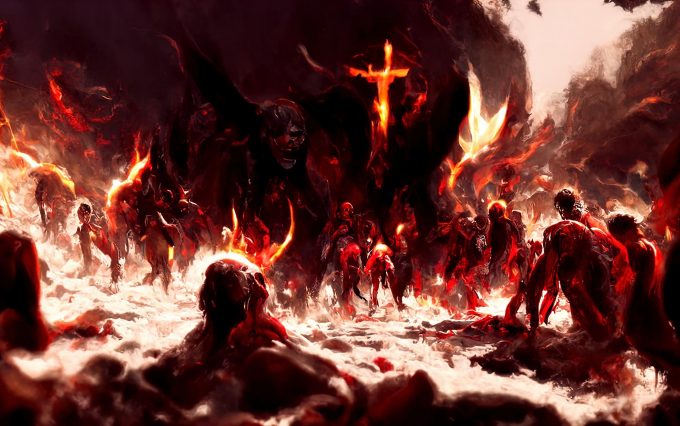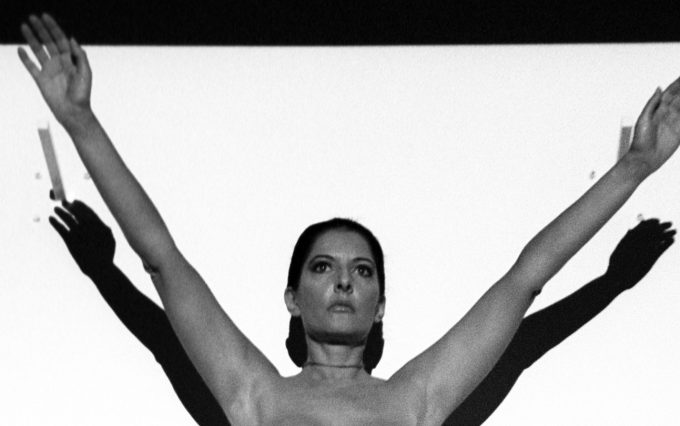
About the Issue
Cravings are Eternal
Everyone in the world has at some point felt an insatiable desire for something or someone. Craving is a heightened state of longing, which always carries with it a sense of hopelessness, of the impossibility of fulfilment. The object of our longing can take many different forms. Perhaps we crave true love, or maybe just a cigarette on which we can puff while we gaze on the hills or valleys or plains of our homeland. Perhaps from time to time we even crave death. Cravings are complex, as they can be physical, mental, even spiritual.
With a touch of exaggeration, one might venture the claim that cravings are a typical state for the modern human. Consumer society inundates us with an overabundance of goods, an infinite number of options, and the individual may well find herself in a state of constant longing. And even as we fulfill some of our cravings, we may still be burdened by a sense of dissatisfaction, for we always know that even as we fulfill one desire, we are missing out on some opportunity, some excitement elsewhere. FOMO has become the label of our times, and often after the object of our craving has been consumed, we are left with only a clanging feeling of emptiness.
The second issue of our magazine shows the many faces of cravings. The magazine is illustrated with paintings by contemporary Hungarian pop-surrealist painter István Nyári. Nyári’s hyper-realistic paintings usher us into alternative realities where everything is possible and where dreams and desires are awakened. The paintings seem to offer the promise of an alternative fairytale world, where the most everyday elements are transformed into idealizations and can awaken a never-ending yearning in the viewer.
FROM THE ISSUE
In this short story, like in a bad dream, we are plunged from daily life to wandering a strange town, hoping for a route back.
In this short story by Hungarian writer Tibor Noé Kiss, a woman comes to terms with her mother’s death, while looking back on a mysterious chapter of her love life.
When his wife leaves for a business trip, Géza enters into a passionate love affair with a flexible and rubber-lined companion.
A poem by Czech poet Lenka Kuhar Daňhelová in Bob Hýsek’s translation.
A poem by Hungarian poet Lili Hanna Seres, in Timea Sipos’s translation.
Szabolcs is living in a yurt, where he seeks refuge from life’s upheavals in lore and myths, when he collides with a younger generation.
In a crowded elevator leaving the 17th floor, six-year-old Ricardo and his mother meet two complete strangers, when an incident occurs.
Craving is a heightened state of longing, which always carries with it a sense of hopelessness, of the impossibility of fulfilment.
A poem by the award-winning Polish poet Tomasz Różycki, translated into the English by Mira Rosenthal, for the Continental Literary Magazine’s focus of “Crave”.
Written before Russia’s invasion, Hungarian writer Diána Vonnák explores the lives sucked into the Russo-Ukrainian war since 2014.
A poem by the British poet and translator, born in Budapest, George Szirtes.
George Szirtes introduces our poets, and considers the topography of craving and its synonyms; the terrain, landmarks, and boundaries.
In this essay, Lina Mounzer ponders how violent conflicts over the possession of spaces transform the world in which an artist creates.
Two poems, College Library Toilets and Tan Oil by Hungarian poet András Gerevich, in Andrew Fentham’s translation, for our focus of “Crave”.
In this novel excerpt, a woman involved in an affair ponders the ways in which the shadows of the past hang over the cravings of the present.
An excerpt from a forthcoming novel, Ákos Győrffy offers a portrait of an anxious mind seeking refuge from the turmoil of the world in his illusive cravings.
A poem by Slovak poet Michal Habaj, in John Minahane’s translation.
In this short story, schoolboys Dano & Samo try to understand desire in a world dominated by patron saints, party leaders, and Raquel Welch.
In a scene from Flavius’ history, Marcus Atius welcomes a party traveling with the body of Aristobulus seeking honey to preserve the corpse.
Internationally renowned performance artist Marina Abramović and Hungarian writer and translator Dániel Levente Pál talk about issues ranging from trends and transformations in the arts over the past half century to cravings for truth in dictatorships and democracies.
